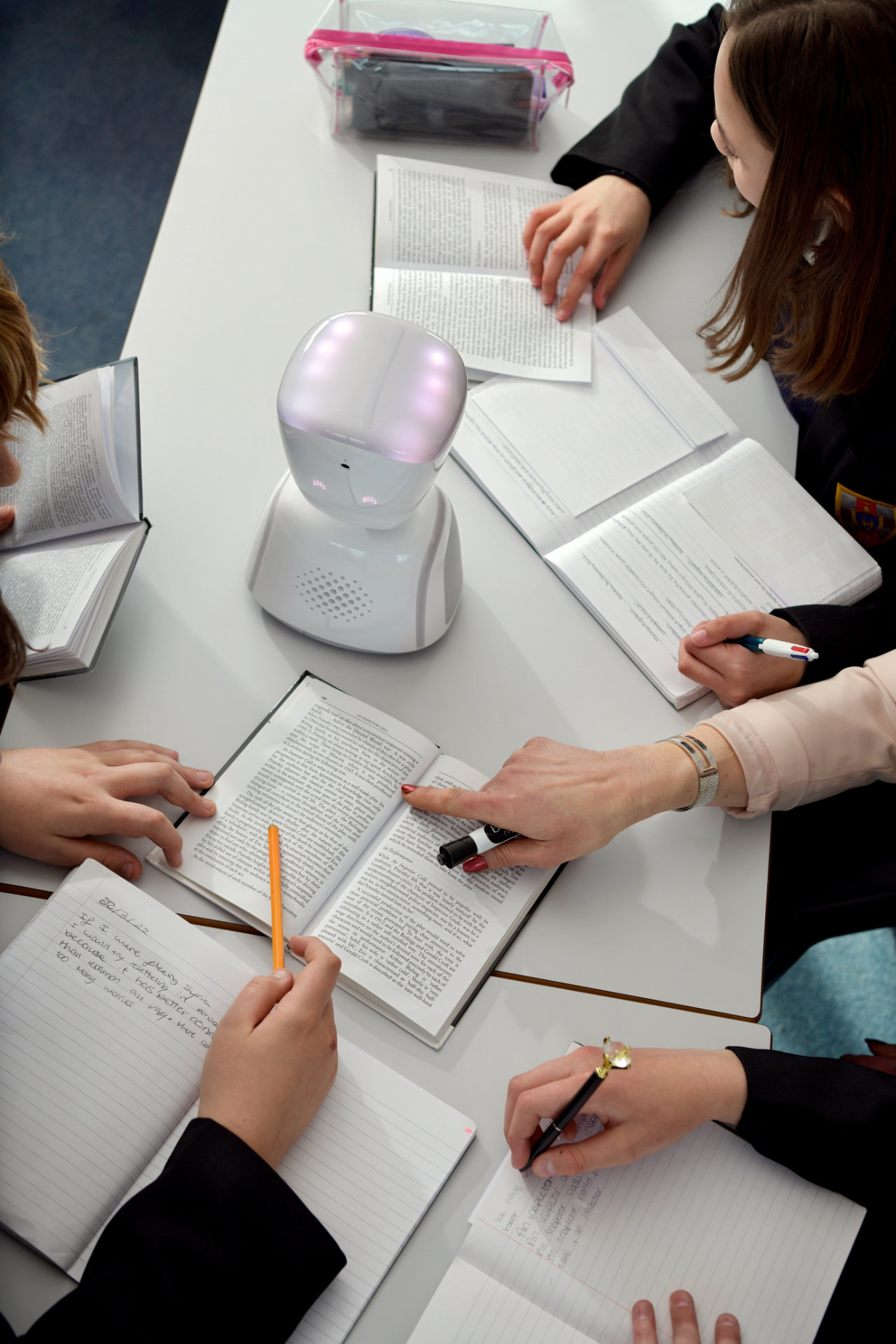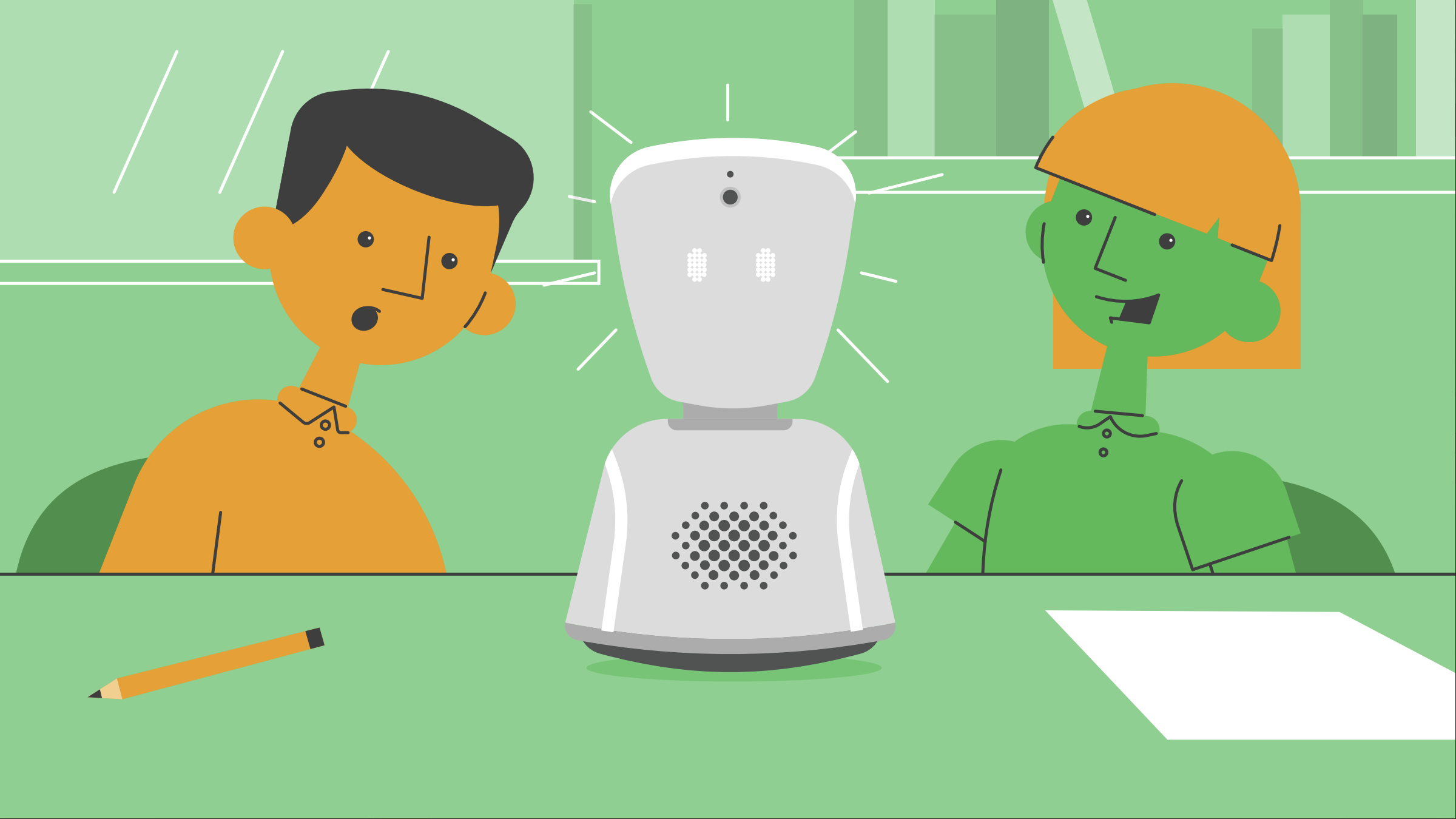Reduce school absence with AV1 telepresence robots
School absence is the biggest challenge facing education. AV1 robots connect absent students, ensure learning and belonging, and support reintegration back to the classroom.



.png)


Trusted by












How AV1 works
Introduction video for AV1 classroom robots


Use AV1 to improve...

Attendance
Absent students can join lessons, which also helps their attainment & progression

Wellbeing
Children and young people maintain social connections and belonging during long-term absence

Reintegration
AV1 acts as a bridge back to mainstream lessons from home or inclusion rooms
.png)
Cost efficiency
AV1 costs significantly less than other alternative provision
.png)
Engagement
AV1 has features for participation and inclusion in class and school life
3k+
AV1s across Europe
17
countries
2.5k+
schools
10k+
children supported
100k+
lessons attended
What others have to say...

Start improving school attendance today
Ask us about AV1 for your local authority or school
Contact sales




.png)


